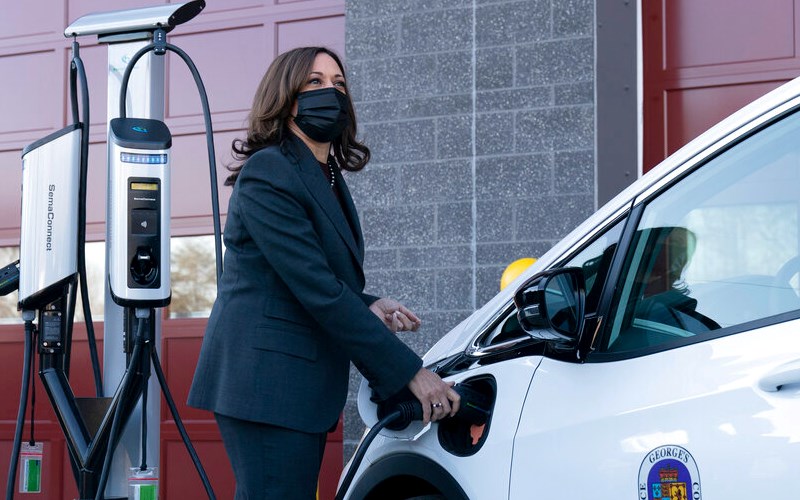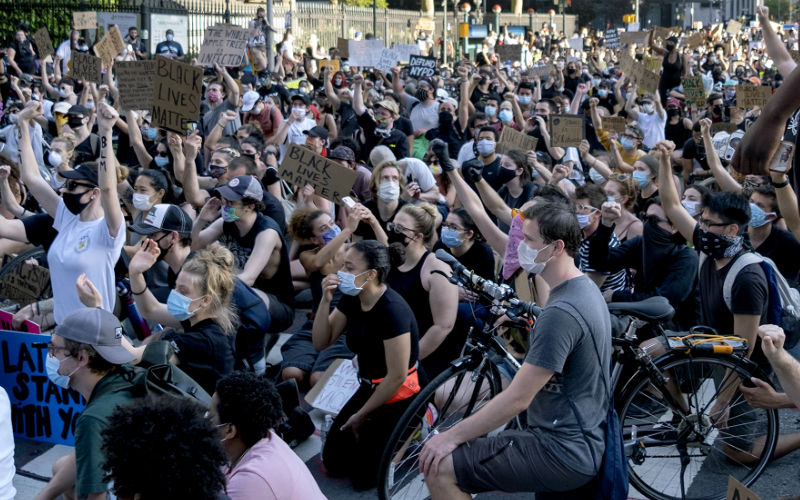At a National Action Network rally in 2000, when Al Sharpton asked if she, as president, would sign a proposed bill to form a commission to study how to do reparations, Harris responded, "When I am elected president, I will sign that bill."
GianCarlo Canaparo of The Heritage Foundation says the mainstream media has been massaging the vice president's reputation from hardline liberal to harmless moderate, and a lot of her policy positions have been in flux. Now that she is officially the Democratic presidential nominee, he does not expect Harris to go into detail on this topic.

"We know that Kamala Harris supports reparations – both for slavery and what she calls, and I quote, 'systemic racism in the system,'" Canaparo notes. "What the specifics of the proposal are, I imagine she's not going to be forthcoming with that kind of information because she's not going to want to be pinned down."
Reparations proposals have been all over the map, from multiple millions of dollars per person down to government benefits like free healthcare. The effort usually starts as a commission that brings recommendations, which Canaparo says are always unworkable because of the complexity of the issue.
"Only 41% of black Americans say that their family was enslaved in America," the researcher reports. "If you are half black, do you get reparations? If you are one quarter? One eighth?"
Still, he does not think the details will matter much, because any state or local government considering such a proposal always argues that reparations are about more than money.







